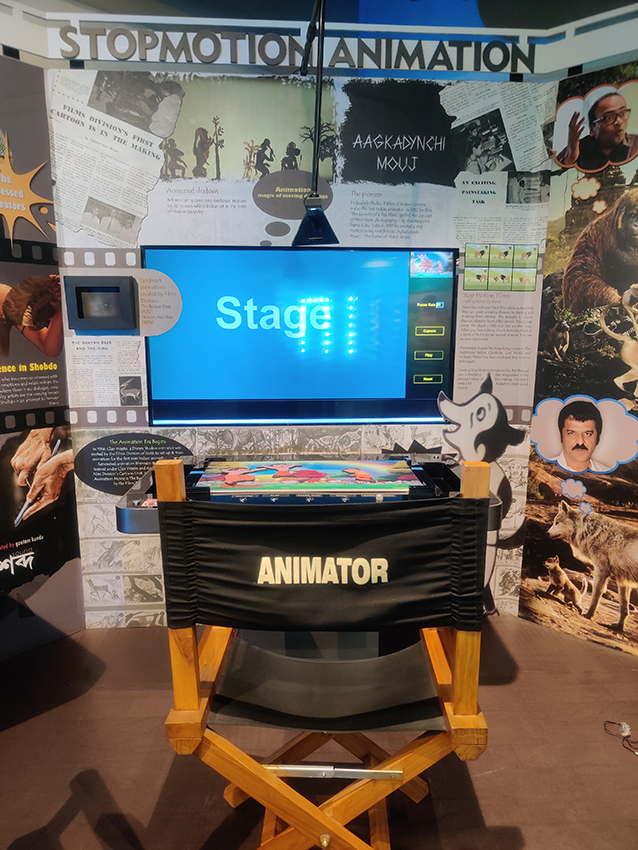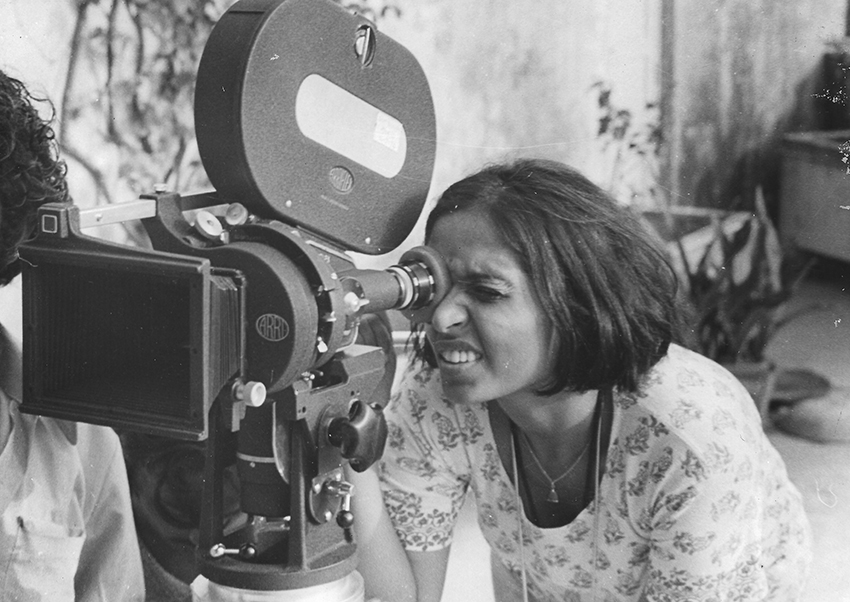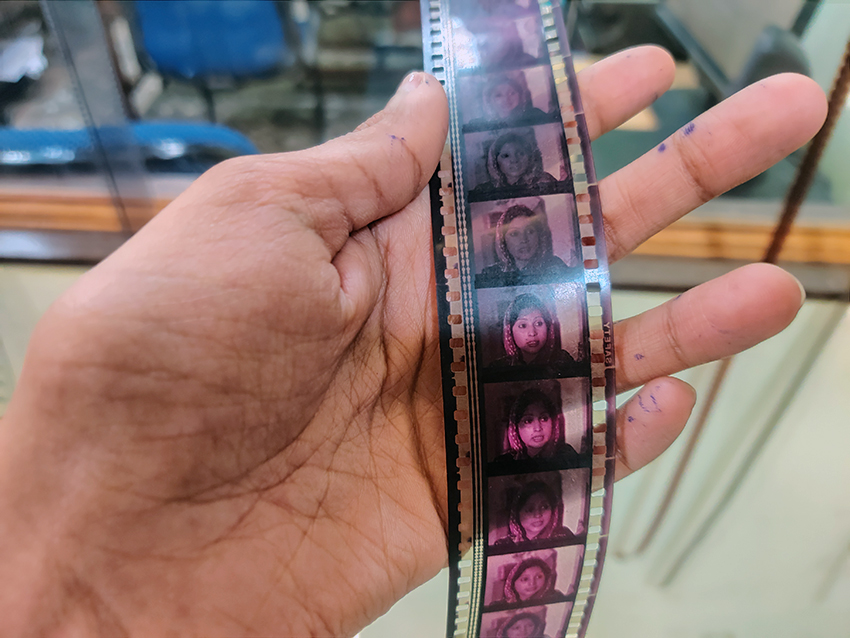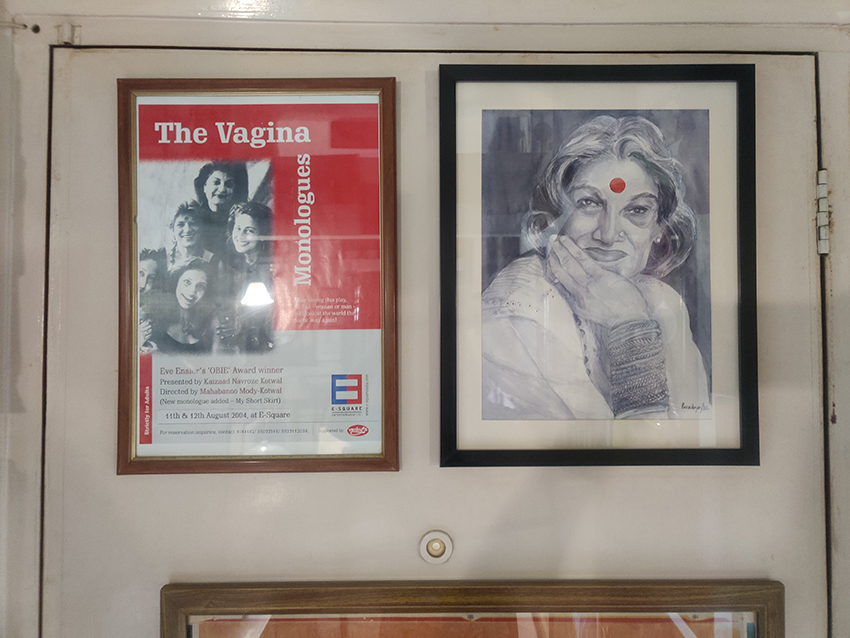Poorvi Gaur




Project Period: One year and six months
This Foundation Project implemented by IFA will attempt to revisit the history of the documentary movement in India through the lens of gender, focusing on the first and, for a long time, the sole documentary producer, the Films Division of India. Through a feminist analysis of Films Division’s film praxis, it aims to foreground the invisibility of women’s work in the history of documentary film archives in India. Poorvi Gaur will be the Coordinator of this project.
Poorvi Gaur is a researcher and freelance journalist. She completed her Master’s degree in Convergent Journalism from AJK Mass Communication Research Centre at Jamia Millia Islamia. She has been a guest lecturer at the Centre for Media and Mass Communication Studies, Jamia Hamdard, and a teaching assistant at the University School of Mass Communication, Guru Gobind Singh Indraprastha University, New Delhi. She has taught Mass Communication Theory to graduate and undergraduate students. Given her interest and background, Poorvi is best suited to be the Project Coordinator for this Foundation Project of IFA.
Feminist film scholars generally agree that women have historically been underrepresented in the industry and that their work easily gets “lost” in the archives. By creating a database of women filmmakers, interviews, and a thorough study of the Films Division’s films and praxis, this research project, titled Feminising the Films Division of India: Situating Women in Documentary Films and Practices (1948-80s), aims to delve into the early history of women documentarians in India. It will primarily examine archival sources from the Ministry of Information and Broadcasting, the National Archives of India, the National Film Archive of India, and the Films Division, including posters, interviews, articles, film festival pamphlets, and exhibition catalogues.
Poorvi will also conduct interviews with film archivists and former Films Division employees, including filmmakers Shaila Paralkar and Neelam Khurana. The research will involve studying three broad phases of Indian polity – socialistic India under its first Prime Minister Nehru and the post-Nehru era, which includes the state of emergency (1975-77) enforced by Prime Minister Indira Gandhi and the post-emergency period (1978-80s). Furthermore, Poorvi will investigate how technical advancements such as the introduction of colour or animation in documentaries affected or advanced the problem of access for early women filmmakers.
The outcome of this project will be a feminist historiography of state-sponsored documentary film in early postcolonial India and an oral history resource focused on women’s film work in the Films Division (1948-80s). The Project Coordinator’s deliverables to IFA, along with the final reports, will be a written essay, a recording of interviews, film DVDs, scanned copies of film posters, and other relevant para-texts obtained from the Films Division and National Film Archive of India.
This project suitably addresses the framework of IFA’s Arts Research programme in how it insists on the importance of neglected histories by bringing forth the problem of missing women filmmakers in India and hints at an alternate feminist history.
IFA will ensure that the project is implemented on time and that the funds expended are accounted for. IFA will also review the progress of the project at midterm and document it through an Implementation Memorandum. After the project is complete and deliverables are submitted, IFA will put together a Final Evaluation to share with the Trustees.
This project is made possible with support from BNP Paribas India.
